Hyundai Motor breaks out of 3-year slump in China
Hyundai’s China JV logs double-digit sales growth in H1, in contrast to Japanese rivals’ decline in China shipments
By Jul 09, 2023 (Gmt+09:00)
LG Chem to sell water filter business to Glenwood PE for $692 million


Kyobo Life poised to buy Japan’s SBI Group-owned savings bank


KT&G eyes overseas M&A after rejecting activist fund's offer


StockX in merger talks with Naver’s online reseller Kream


Mirae Asset to be named Korea Post’s core real estate fund operator


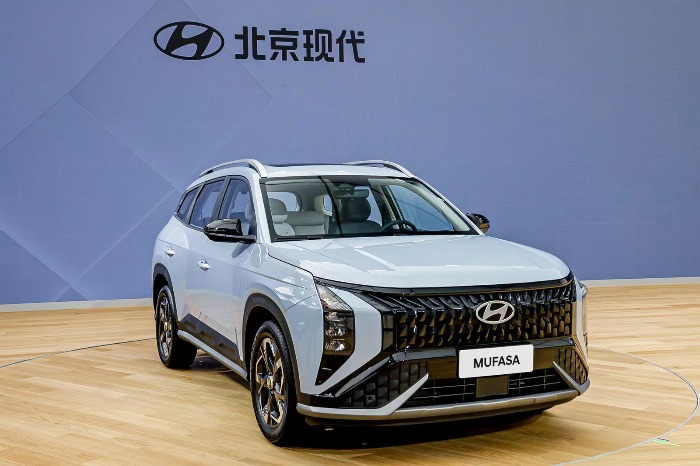
South Korea’s Hyundai Motor Co. has broken out of its slump in China, with its Chinese joint venture posting its first sales growth in four years in the world’s largest automobile market.
Beijing Hyundai Motor Co., a joint venture between BAIC Motor and Hyundai Motor, recorded a 13% jump in China sales to 123,259 units in the first half of this year from the year previous, according to Beijing Hyundai on Sunday.
It marked the JV’s first gains in China since 2019, when its sales volume inched up 0.5% on-year there.
It is also the first time its first-half China sales grew by double digits in a decade. In 2013, its first-half sales leapt 37% on-year in China.
The sales growth looks encouraging for the South Korean carmaker, especially as its global rivals such as Honda Motor Co. and Toyota Motor Corp. are reporting declining sales in China.
“It is an inspiring result in China, where homegrown brands such as BYD and Chang’an are raising their market share, whereas imported brands are struggling with falling sales,” said an automobile industry source.
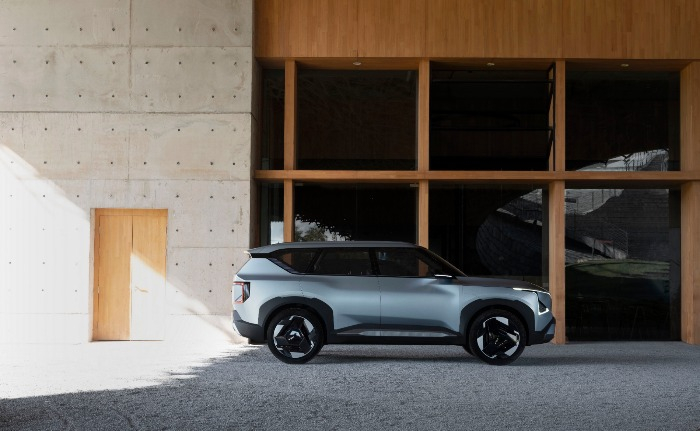
Honda and Nissan Motor Co. saw their first-half sales in China fall 22% and 24.4%, respectively. Toyota suffered a 2.8% drop in China sales during the period, while Volkswagen’s sales were estimated to dip one percent.
The figures are in contrast to an estimated 8.8% rise in new vehicle sales in China over the same period.
RECOVERY FROM CHINA SHOCK
Beijing Hyundai’s first-half sales volume represents just one-fourth of its record sales in 2016. But it may signal Hyundai’s turnaround in the neighboring market.
Hyundai made inroads into China in 2002. But it suffered sluggish sales in the country after they peaked at 1.13 million units in 2016.
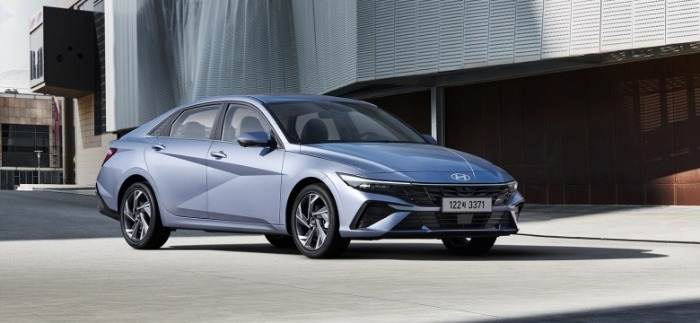
Last year, the China JV sold just 256,400 units, with its market share tumbling to the one percent range.
In both 2020 and 2022, its sales plunged by double digits after China restricted imports from South Korea in retaliation for Seoul’s 2016 decision to deploy a Terminal High Altitude Area Defense (THADD) alongside the US.
Particularly, its 2022 sales in China dwindled 70.4% compared to 2018. That contrasted with 10.8% and 2.2% rises in North America and Europe, respectively, during the period.
Some industry watchers noted that Hyundai failed to keep up with the new trend in the Chinese car market, where premium models have been taking a bigger share than before.
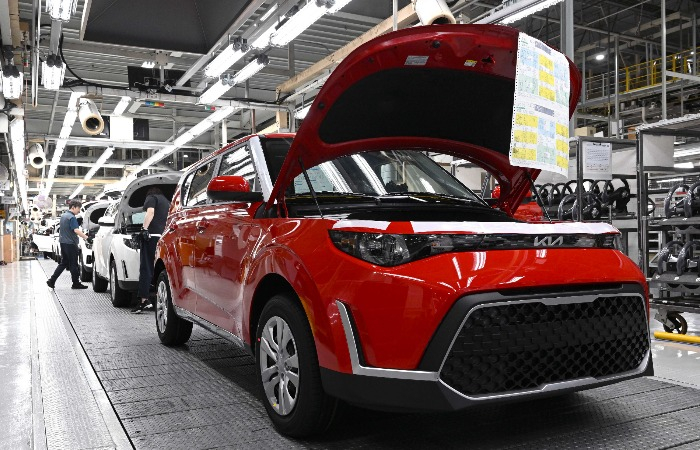
To fight the slump, it sold one of the JV’s five factories in the country in 2021 to lift productivity, while expanding the lineups of large-size models and electric vehicles.
The company is looking to sell another factory in China, while focusing on premium cars, SUVs and high-performance N-brand models, as well as EVs.
To that end, it will reduce its small to mid-sized vehicle lineups to eight models from 13.
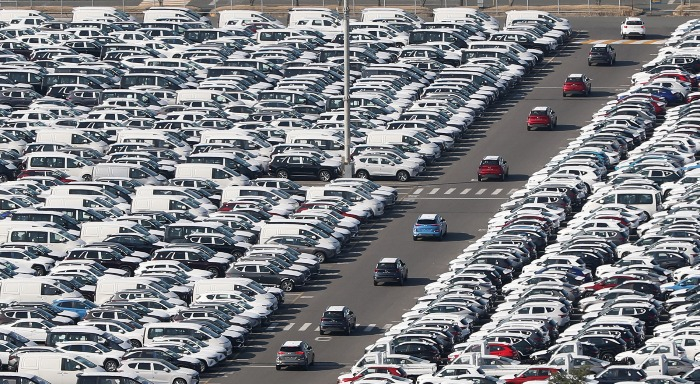
Hyundai Motor Chief Executive Chang Jae-hoon said in a new year’s message that 2023 should be the year to normalize its Chinese business.
This year, it is aiming to jack up its China sales by 20.5% to 306,000 units. Still, the target is less than one-third its strongest-ever results of 1.13 million units in 2016.
It is now on track to accelerate its sales growth with the launch of new premium models such as the revamped compact sedan Avante N and Kia Corp.'s all-electric SUV EV5 later this year. EV5 will be Kia's first EV to be marketed there.
Last month, it launched the Mufasa compact crossover SUV, targeting Chinese drivers.
Meanwhile, Hyundai and its sister company Kia posted record first-half-year sales in the US combined, driven by EVs and SUVs.
(Correction: The headline was corrected to 3-year slump)
Write to Nan-Sae Bin and Il-Gue Kim at binthere@hankyung.com
Yeonhee Kim edited this article.
-
 AutomobilesGenesis rewrites Hyundai story, shedding Honda copycat image
AutomobilesGenesis rewrites Hyundai story, shedding Honda copycat imageJul 07, 2023 (Gmt+09:00)
2 Min read -
 AutomobilesHyundai, Kia set fresh H1 sales record in US, beating H1 2021
AutomobilesHyundai, Kia set fresh H1 sales record in US, beating H1 2021Jul 03, 2023 (Gmt+09:00)
1 Min read -
 AutomobilesHyundai Motor, Kia surpass 10mn global connected car subscribers
AutomobilesHyundai Motor, Kia surpass 10mn global connected car subscribersJun 26, 2023 (Gmt+09:00)
2 Min read -
 AutomobilesHyundai Motor, Kia regain top spot in Vietnam's auto market
AutomobilesHyundai Motor, Kia regain top spot in Vietnam's auto marketJun 21, 2023 (Gmt+09:00)
1 Min read -
 Electric vehiclesHyundai Motor Way: New strategy to accelerate EV push
Electric vehiclesHyundai Motor Way: New strategy to accelerate EV pushJun 20, 2023 (Gmt+09:00)
4 Min read -
 AutomobilesHyundai Motor's Genesis delivers Korean luxury to Europe
AutomobilesHyundai Motor's Genesis delivers Korean luxury to EuropeJun 19, 2023 (Gmt+09:00)
2 Min read -
 AutomobilesGenesis posts sales growth in US as other auto brands suffer
AutomobilesGenesis posts sales growth in US as other auto brands sufferMay 04, 2022 (Gmt+09:00)
2 Min read


